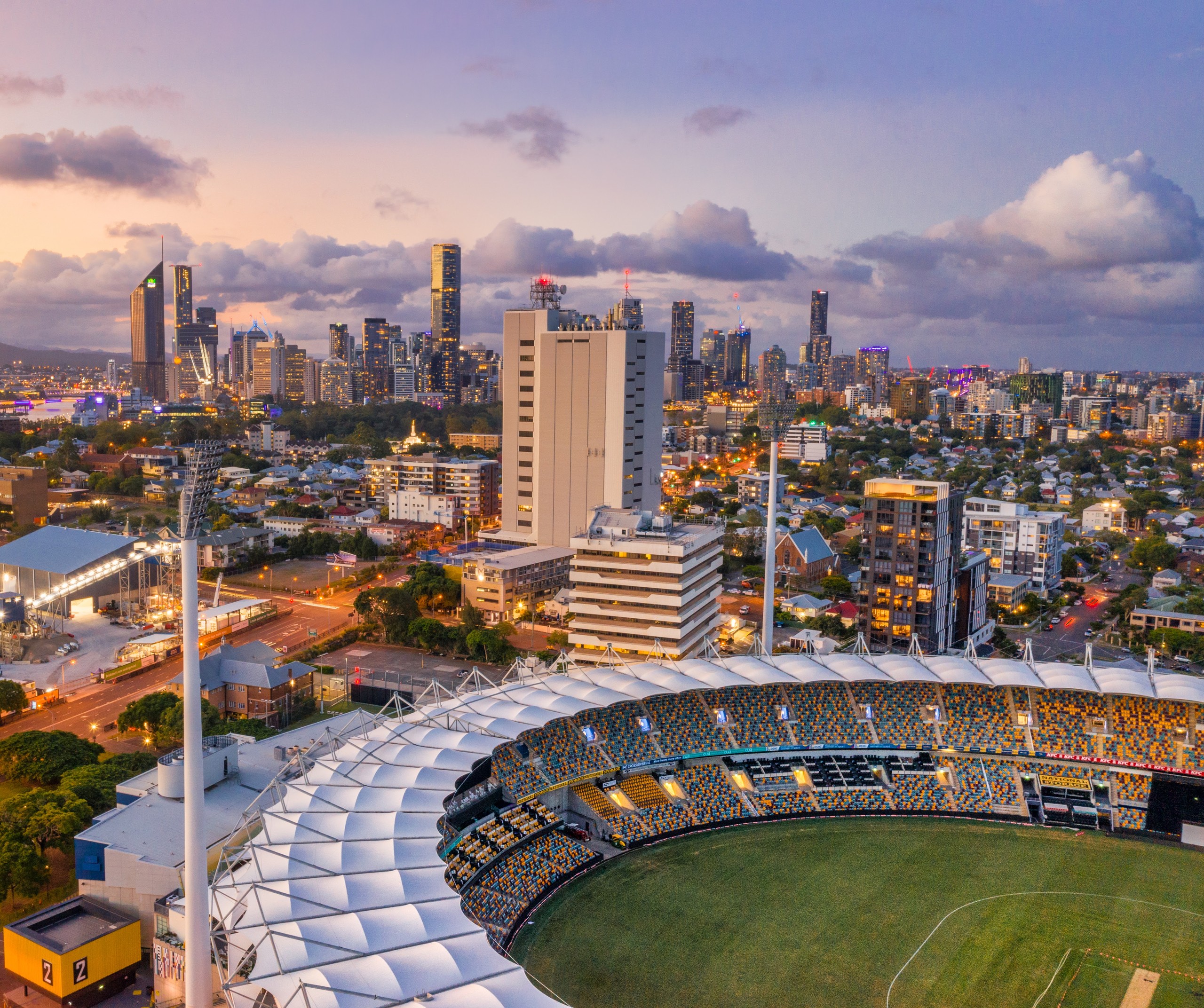
Conference Theme
Carbon-Centric Building Simulation for a Sustainable Tomorrow
At Building Simulation 2025, we will focus on the leading issues that drive the use of simulation in the built environment. The event will focus on how building performance simulation relates to achieving net zero energy and carbon both now and in the future, without compromising people’s health and wellbeing.
The broad range of topics is a fundamental driver in current and future research. The conference will bring together not only scientific research but also – and importantly – practical examples and the latest in innovation, exploring how we, as a building simulation community, can contribute to the betterment of the world in which we live.
The technical program will continue to bring together the interests of academics, practitioners, students, and policy makers from not only Australia and New Zealand, but all over the world.
Key topics
Climate Change Mitigation and Adaptation
Energy Efficiency and Sustainability
Innovative Design Exploration and Industry Transformation
Urban Planning and Smart Cities
Indoor Environmental Quality (IEQ)
Simulation is an indispensable tool in addressing these issues and driving the advancement of sustainable, efficient, and resilient buildings in today’s complex and evolving world.
We welcome submissions that address any of the above topics by focusing on any of the following themes:
- Implementation of building simulation in zero energy/carbon design and operation including leveraging big data, machine learning and digital twins
- Advances in the modelling of built environment resource flows and use, such as daylighting, lighting, energy, thermal flows, air, water, and sound
- Developments in the modelling of human comfort and performance in the built environment
- Improvements in the empirical and theoretical modelling of building systems (e.g., smart window systems, innovative HVAC systems)
- Integration of building automation systems and advanced controls
- Renewable energy, energy capture and storage, grid interaction, and real-time xero carbon
- Advances in applications including modelling micro-climate, indoor air quality as well as outdoor climate, and
- Use of simulation in regulation and code compliance, including application to inform policy
Expanded topic info
Climate Change Mitigation and Adaptation
Simulation is a critical tool for expediting climate change mitigation and adaptation strategies, whether it’s adjusting to changes in rain and temperature patterns or developing strategies to build resilience to more frequent extreme weather events.
Within this conference stream, experts will share research outcomes and case studies on topics including, but not limited to, future weather data, retrofitting existing buildings, combatting overheating, enabling resilience, dealing with occupant behaviour, and reducing emissions.
Innovative Design Exploration and Industry Transformation
Innovation and industry transformation will be needed to do something that hasn’t been done before – to solve the climate and biodiversity twin crises. In this stream, you can expect presentations on innovative methods and tools, such as leverage artificial intelligence, neural networks, or multiparameter optimization.
You can also expect to learn about innovative solutions on topics ranging from HVAC and facades, to resilience, hygrothermal analysis, embodied impacts and more.
Indoor Environmental Quality
Human health and wellbeing has always been important to the built environment, but since the start of the covid pandemic, it has been front and centre like never before. From daylighting and glare, to thermal comfort and infections, presentations in this stream will focus on simulation to understand and improve our indoor environments. You’ll hear from researchers and practitioners on ventilation, occupant behaviour, sensor and control strategies for residential, workplace, and educational settings, and beyond.
Energy Efficiency and Sustainability
While the definition of “sustainability” continues to broaden, energy efficiency remains central to the built environment climate action strategy as a whole, and as such, is a core component of the conference agenda.
United by a common goal of energy demand reduction, the papers in this stream have huge variation in specificity. You’ll hear from experts on topics ranging from HVAC and controls, building retrofits, carbon emissions, machine learning, behaviour, building envelope, integrated design approaches, and more.
Urban Planning and Smart Cities
As the world continues to become more and more urbanised, we need urban-scale solutions to solve the challenges facing our cities to adapt to climate, keep populations healthy, and ensure comfort and quality environments.
Presentations in this stream will deal with the unique and shared challenges of simulation at the precinct and city-scale, with topics including microclimates, occupant behaviour, cooling strategies, renewables, outdoor environments, district solutions, controls, and beyond.